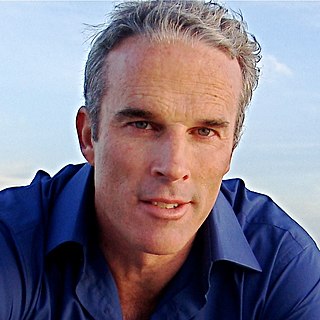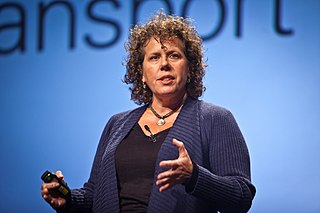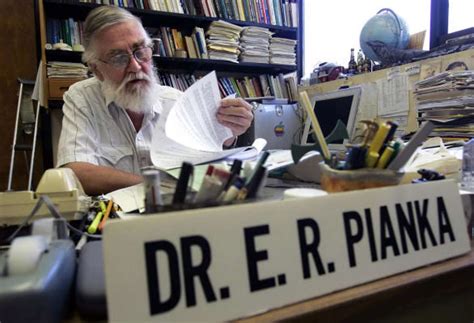A Quote by Ban Ki-moon
Our planet's lands and oceans are already stretched to meet the demands of 7 billion people. The human population continues to grow. The search for sustainable solutions is an economic and a moral imperative if we are to create the future we want.
Related Quotes
It's a moral imperative, it's an economic imperative, and it is a security imperative. For we've seen how spikes in food prices can plunge millions into poverty, which, in turn, can spark riots that cost lives, and can lead to instability. And this danger will only grow if a surging global population isn't matched by surging food production. So reducing malnutrition and hunger around the world advances international peace and security - and that includes the national security of the United States.
I feel many problems that we are facing, are man-made problems, we have too much emphasis on this secondary thing, forgetting our foundation. At foundation, we are the same human being and we are sharing the same planet. Six billion human beings' future is my future and my future is never separate from the future of six billion human beings.
We have reached a new milestone as a human family. With seven billion of us now inhabiting our planet, it is time to ask some fundamental questions. How can we provide a dignified life for ourselves and future generations while preserving and protecting the global commons - the atmosphere, the oceans and the ecosystems that support us?
I think people are really looking for some way whereby we can grow our souls rather than our economy. I think that at some level, people recognize that growing our economy is destroying us. It's destroying us as human beings, it's destroying our planet. And I think there's a great human desire for solutions, for profound solutions - and that nothing simple will do it. It really requires some very great searching of our souls.
I think people are really looking for some way whereby we can grow our souls rather than our economy. I think that at some level, people recognize that growing our economy is destroying us. It's destroying us as human beings, it's destroying our planet. I think there's a great human desire for solutions, for profound solutions - and that nothing simple will do it. It really requires some very great searching of our souls.
To me, the human move to take responsibility for the living Earth is laughable - the rhetoric of the powerless. The planet takes care of us, not we of it. Our self-inflated moral imperative to guide a wayward Earth, or heal our sick planet, is evidence of our immense capacity for self delusion. Rather, we need to protect ourselves from ourselves.
A three billion year old planet floating in the vast universe with mountains, seventy percent seas and oceans, fertile lands, immense forests, rivers and lakes, sea shores and deserts, this is where we humans have the privilege to live, the latest, most advanced newcomers in evolution. What an immense, incredible responsibility we have to be a right, positive element in the further evolution of that planet. That is the big question before us in the new century and millennium.




































